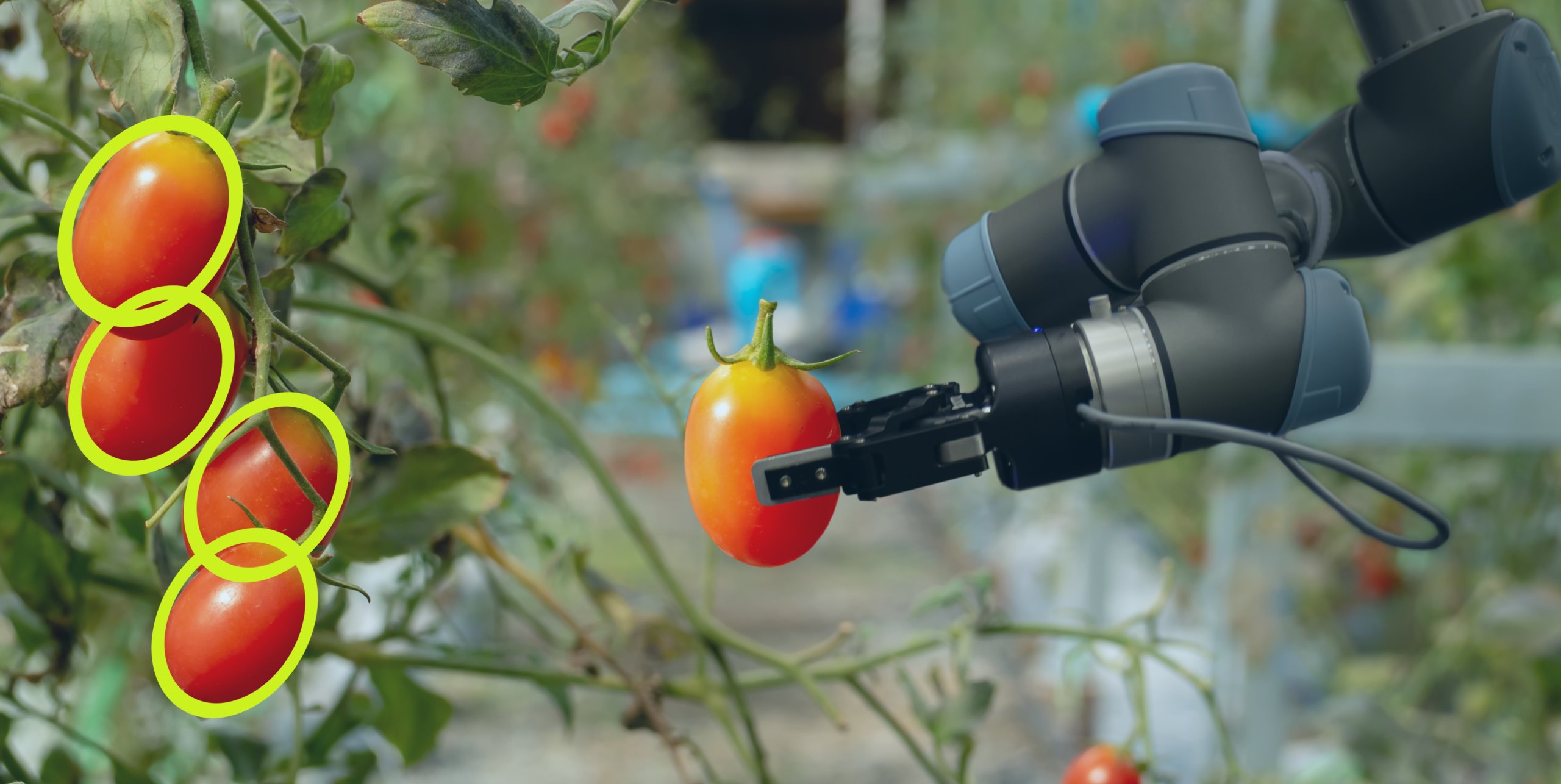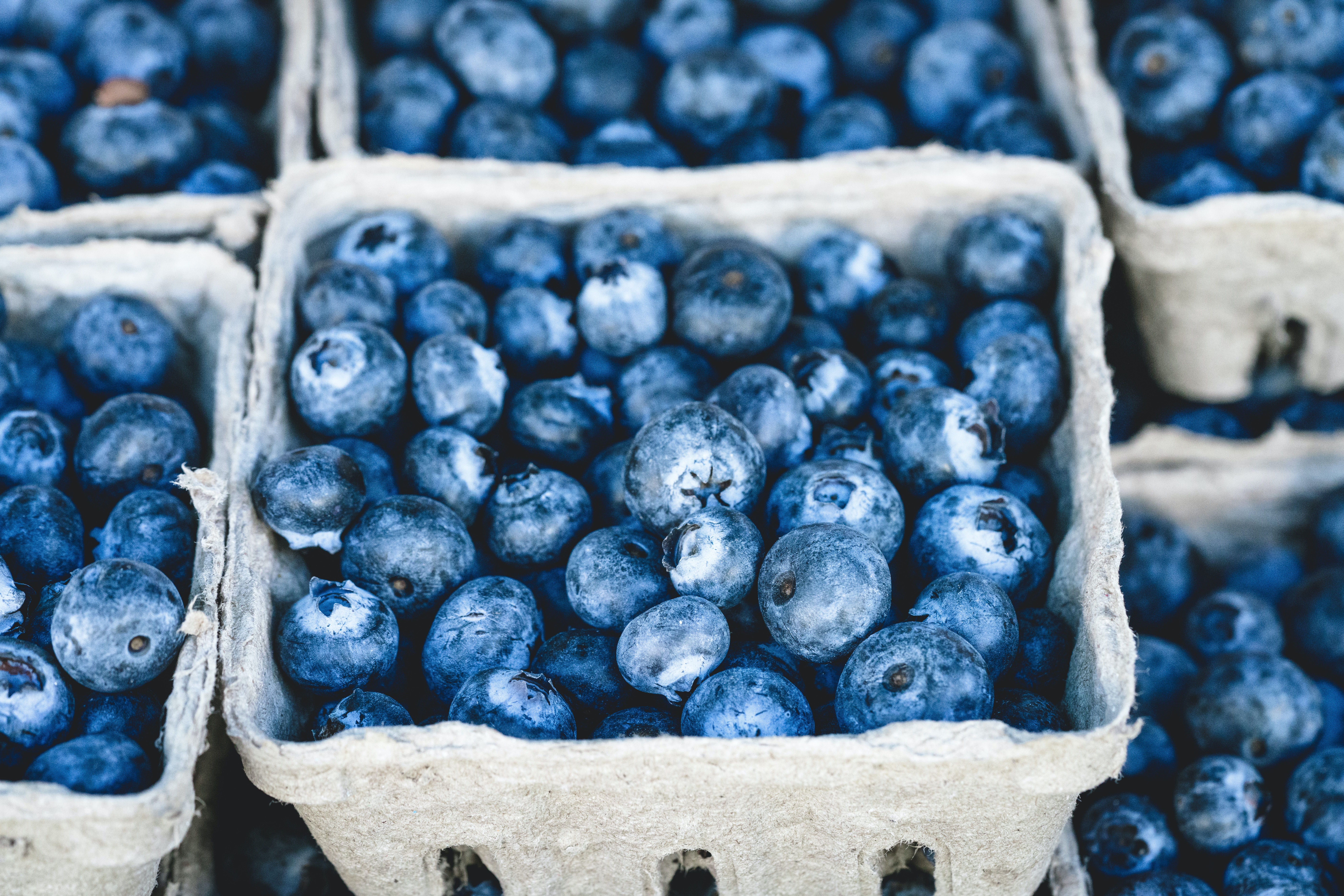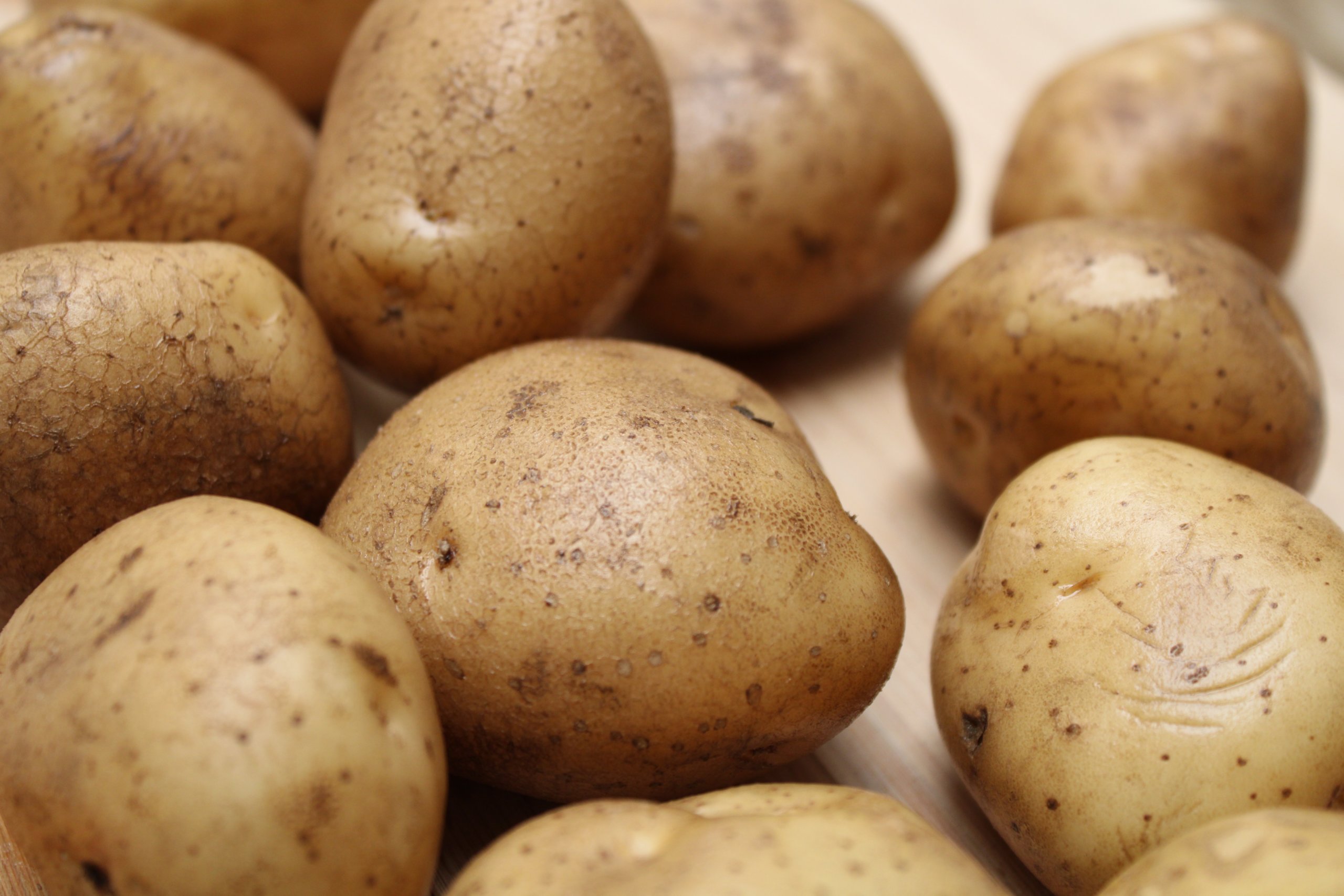
It takes a refined palate to understand food. With an array of flavors, textures, shapes, and other innumerable factors to consider, it would be easy for one to assume that the task is best left to humans. But the development of artificial intelligence (AI) is proving that there’s merit to giving machines their own “taste buds.”
AI Will Impact What We Eat Every Day
The delicate art of food processing certainly runs the gamut. Workers in this industry can be tasked with determining a variety of things. Are these shortbread biscuits the perfect mix of sweet and savory? Do those oranges look ripe enough for picking? Will that turkey be the perfect centerpiece for a family’s Thanksgiving dinner?
Answering these questions correctly usually comes down to a combination of sensory judgment and trained experience. But food supply demands are ever-changing. And the COVID-19 pandemic has thrown the labor force into flux — one that will potentially change the way we process and ship food for good.
AI and machine learning applications in the food industry aren’t exactly brand new concepts; innovations like disease-detecting farm drones and pizza delivery bots have received their fair share of attention in recent months. But AI-fueled modifications to the middle of the food chain, where hundreds of thousands of products move between facilities to consumers, could have a much more monumental impact. It could even change what we eat every day.
This is already happening to some degree. Industry experts and AI developers are training machines to understand variations in food, like shape, seasonality, sweetness, and texture. And the results so far have been profound. Less food is wasted. Consumers are receiving access to fresher foods in better conditions. And workers are unchained from monotonous tasks and enabled to innovate more.
Grading Blueberries
To see the budding relationship between AI and food, you don’t need to set your sights on San Francisco, Beijing, or other tech hubs. Instead, take a trip to Hamilton, New Zealand and talk to Geoff Furniss, CEO of BBC Technologies. Furniss grew up on a blueberry farm that his parents began in a small shed. Today, he’s considered a premier authority on using AI to sort fruit.

Grading blueberries is a notoriously tricky endeavor. “The thing with blueberries is that they have a standard color palette and are very delicate, and there are lots and lots of them,” Furniss explains. “You drop them six inches and they are wrecked for shelf life or storage.”
With these complexities, it’s no wonder that the act of sorting blueberries has long required the attention of human workers hovering over conveyor belts. Furniss’ father addressed this in 2000 with the invention of a blueberry sorter that could carefully and quickly classify berries by their color. Not long after, BBC Technologies was born.
Since then, the company has worked relentlessly on improving its technology. Today, it relies on its own developed AI platform that can handle just under 2,500 fruit images per second. Furniss says, “AI is the logical extension to make the most of what we do.”
BBC Technology’s software can determine whether a blueberry puncture is a stem hole or a bird peck. And it rejects any fruit that’s likely to rot. The AI platform is even learning how to detect differences in blueberry variety and seasonal growth. This means that fruit grown at the start of a season will be dealt with and sorted differently from fruit grown at the end of it.
These capabilities may seem subtle, but they’re absolutely revolutionary. In fact, Norwegian sorting and packing company TOMRA Food thought these abilities were so innovative that they bought BBC Technologies for $66.9 million in 2018.
Perfecting the Art of Potato Processing
The potato industry has also benefited from AI’s meticulous nature. Traditionally, potato slicing and sorting systems produce the same fry shape and size, regardless of each individual potato. But with AI, these machines can now determine if a potato is better suited for long French fries, wedges, or tater tots. AI even allows for the categorization of a potato before it’s peeled, which in turn saves on the amount of flesh removed.

For potato chips, AI is being employed to ensure that every chip delivers a consistent, satisfying crunch and taste. During his time working at PepsiCo (owner of the Frito-Lay brand), Shahmeer Mirza was tasked with giving a potato chip machine sensory perception. He accomplished this by bouncing lasers off the chips to replicate the sound made when a person bites into one.
With this information in tow, factors like chip thickness as well as frying temperature and time could be adjusted to create the perfect crunchy snack — without requiring a worker to constantly sample the product. The results were so revolutionary that Mirza’s work was awarded a patent.
Besides quality, AI is also rapidly improving quantity. Picking bad potatoes out of a bunch usually requires a second or two of a human worker’s time. AI-powered sorters can make these decisions so quickly that thousands of pounds of potatoes can be processed within an hour.
Smarter AI = Better Food
From blueberries to potatoes, we hope you’ve enjoyed this brief overview of how AI’s impacting the food processing industry. Due to their subtlety, these applications don’t get as much time in the limelight as other uses of AI. But make no mistake — we’re all benefitting from it.
Thanks to AI, food quality is going up. Because you cannot see or touch it, you may not notice these developments immediately. But you’ll surely taste it.





